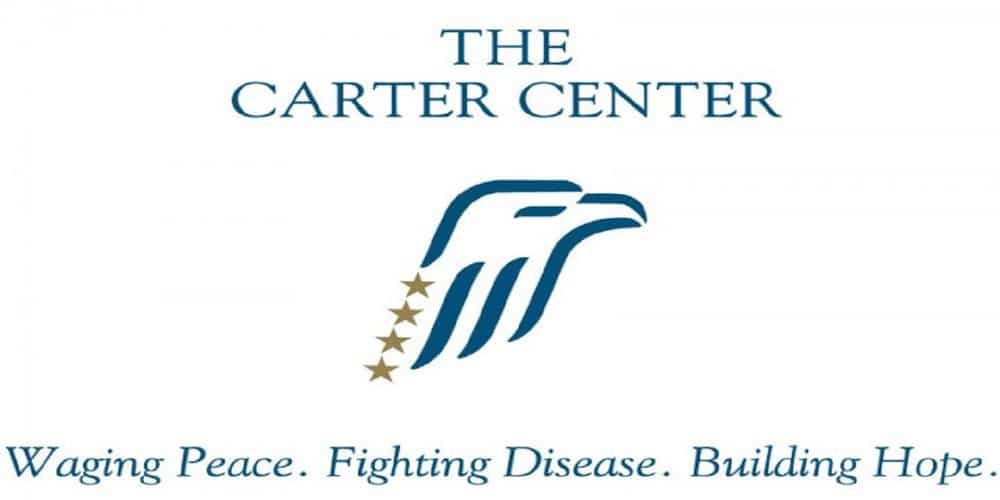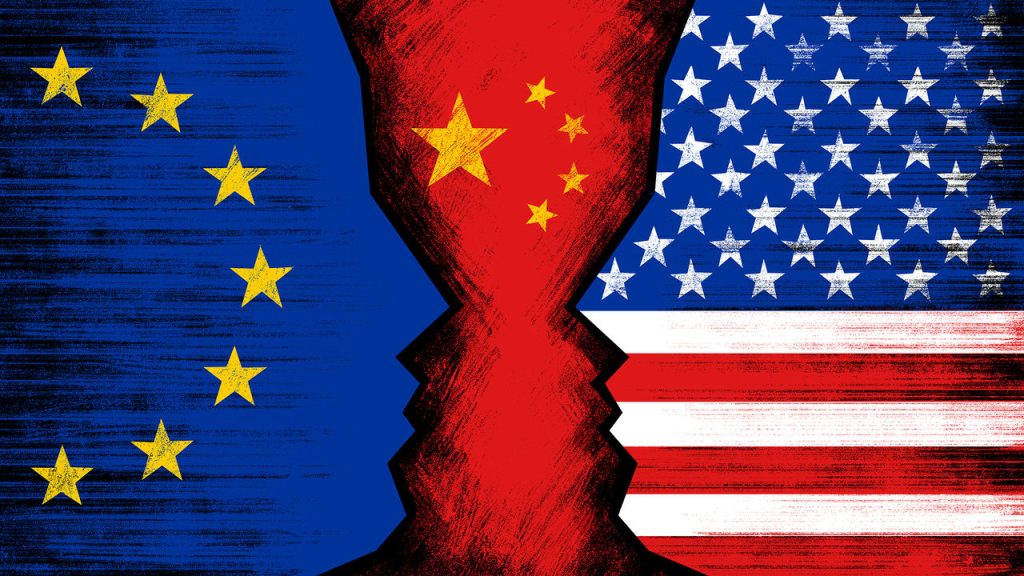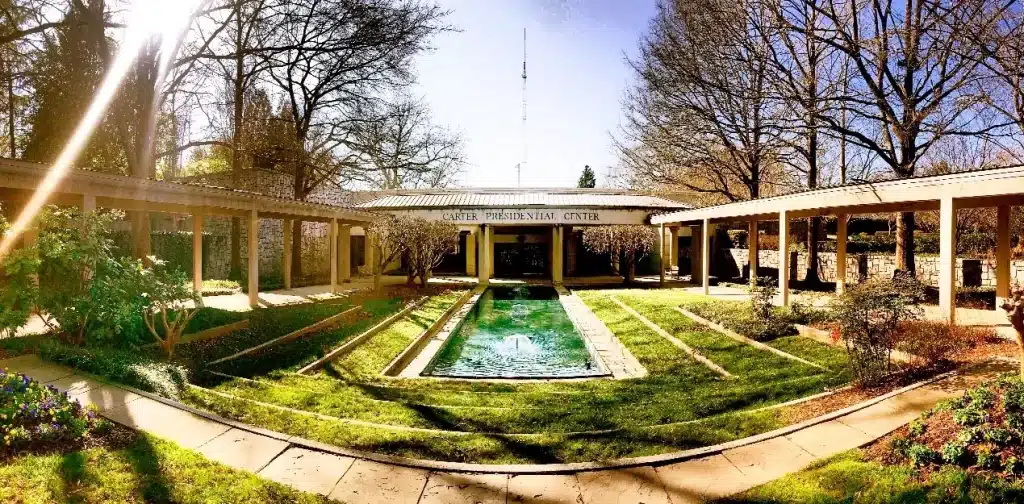Sino-American Interactions, Past and Future by Amb. Chas W. Freeman, Jr. (USFS, Ret.)
“December 15, 2018 will mark the fortieth anniversary of Jimmy Carter’s and Deng Xiaoping’s politically courageous agreement to “normalize” the relationship between Washington and Beijing. This resulted in the replacement of China’s demand for revolutionary overthrow of the world order with pragmatic accommodation of it. Two days later, at the 3rd Plenum of the 11th Central Committee of the Chinese Communist Party (CCP), Deng launched China on a path of eclectic borrowing of foreign ideas, policies, and practices called “reform and opening” [改革开放]. This liberated the Chinese people – who were then almost a fourth of humanity – from the most suffocating aspects of Soviet Marxist-Leninist dogma and released their formidable entrepreneurial imaginations and energies. The consequences of Deng’s twin decisions for both China and the world have been immense. He saw US-China normalization and “reform and opening” as parts of a single bold gamble with his country’s future. His vision enabled China to risk a search for inspiration in America and other capitalist democracies, to which the Chinese elite promptly entrusted its sons and daughters for education.”
From Sino-American Interactions, Past and Future by Amb. Chas W. Freeman, Jr. (USFS, Ret.), Senior Fellow, Watson Institute for International and Public Affairs, Brown University.
Written for the Carter Center’s symposium to commemorate President Carter’s 1979 decision to normalize relations with China. View or download the paper here.









